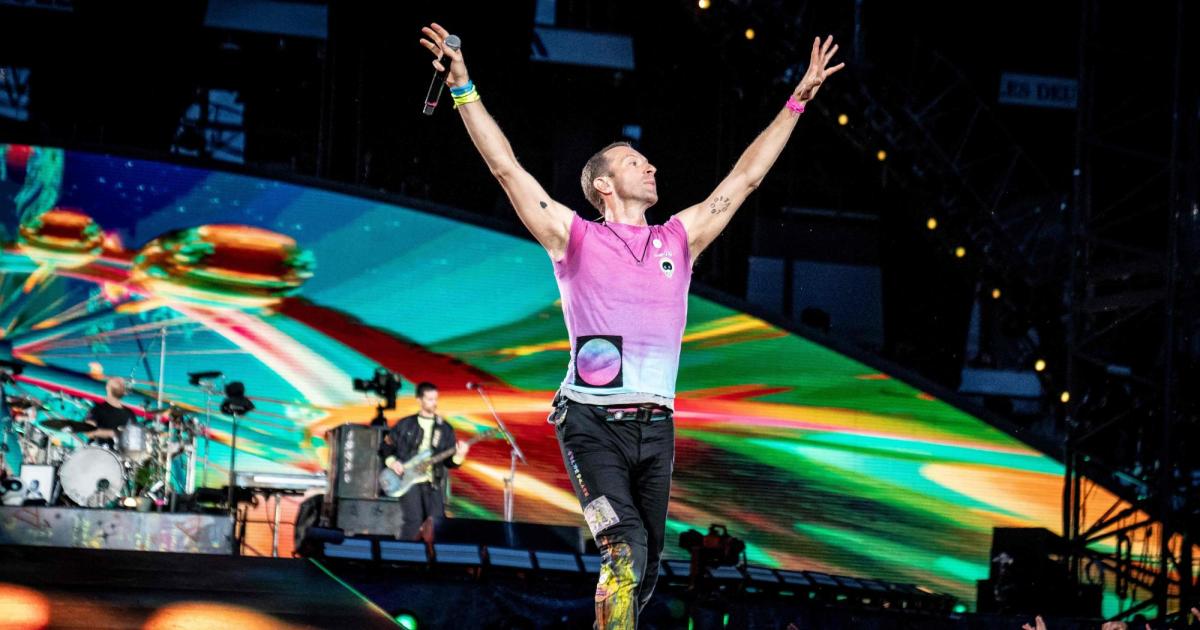According to the latest “Humanitarian Access Snapshot” for Gaza, NGOs working in the medical field are preparing for an impending polio epidemic. The virus was detected in sewage samples several weeks ago. In addition, there has been a decline in vaccination rates and the current situation makes it extremely difficult to prevent the spread of the disease. “Contaminated drinking water, a shortage of medicines and a lack of health personnel mean that diseases spread quickly. In addition, many people’s immune systems are severely weakened by the lack of nutritious food,” says François de Keersmaeker, Director of Doctors of the World Germany.
Dr. Mohammed Salha, director of the Al-Awda Hospital in the north of the Gaza Strip, also observes this. “Many people volunteer to save the lives of the injured by donating blood. But we often have to send them away because they are too malnourished and medically unable to do so.”
The authorities are increasingly refusing requests from organizations to move from one place to another. Military operations in the Jabaliya refugee camp, shelling of health facilities and the lack of security and freedom of movement even in areas designated as “humanitarian zones” are making the work even more difficult.
For example In the first week of August, only 97 of the 207 planned humanitarian aid projects in Gaza were carried outThere are also still great difficulties in bringing essential goods into the country because all border crossings are only passable to a very limited extent.
The NGOs are therefore once again calling for an immediate and lasting ceasefire. This is the only way they can provide the people of Gaza with the urgently needed support and thereby save lives. They also demand that all deliveries of weapons, weapon parts and ammunition to the Israeli and Palestinian parties to the conflict be stopped immediately. This must apply as long as there is a risk that the military goods will be used to commit serious violations of international humanitarian law and human rights.

